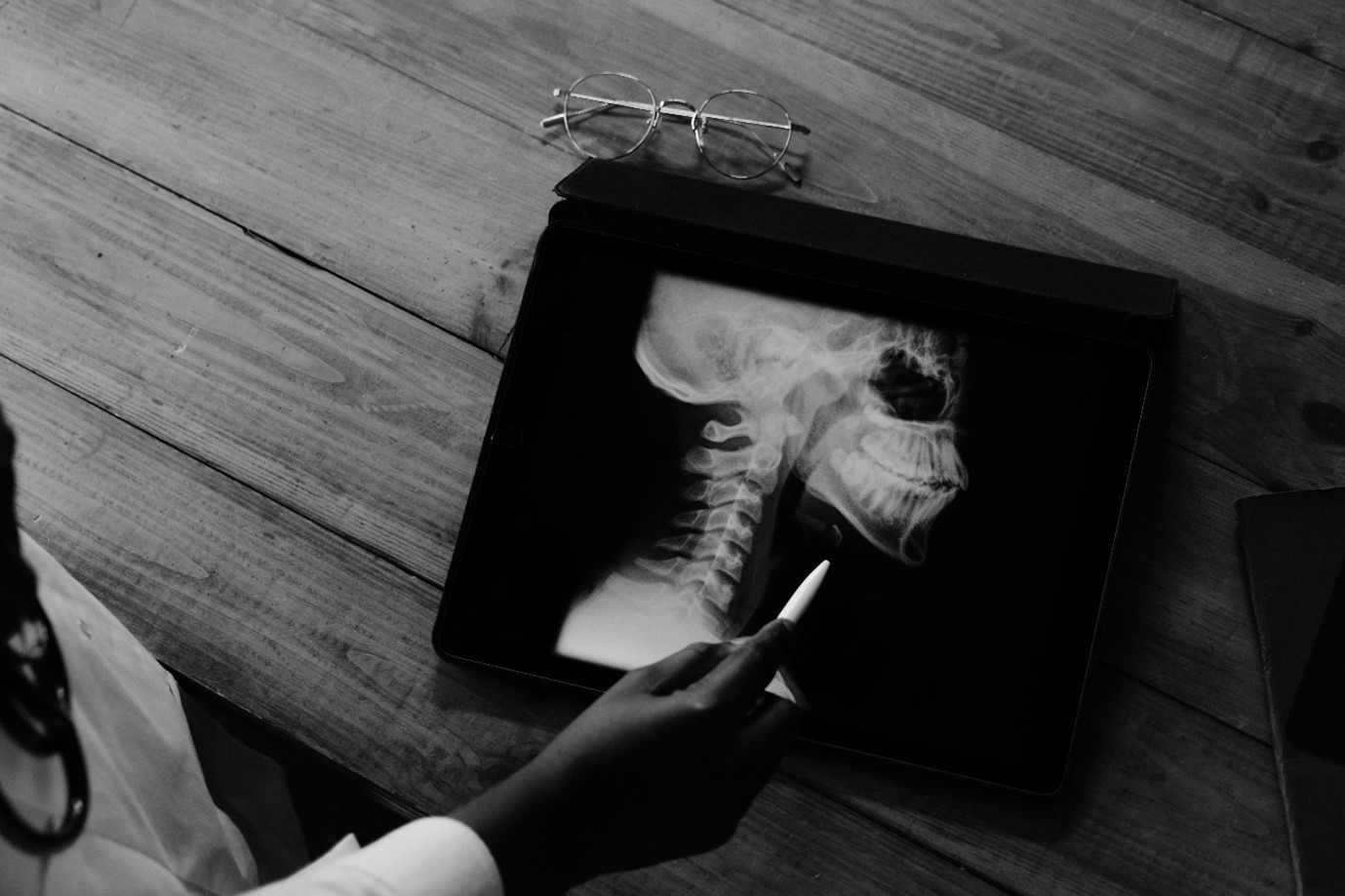Traumatic Head Injury part 1
 Head injury can be classed as either Minor or Major:
Head injury can be classed as either Minor or Major:
A minor head injury results in no long-term damage to the brain. Minor head injuries are often the result of incidents such as RTC’s, falls, and assaults. With a minor head injury, the patient may not have any obvious injury or symptoms, or they may have minor visible markers and pain, such as a scalp injury, contusion, graze, etc.
A concussion can present in a minor head injury but can also be prevalent in a major injury. A concussion can be defined as temporary injury to the brain following the impact or jolt. During a concussion, the brain can be shaken, banged, or twisted within the skull. This can cause chemical changes within the brain, and cells to stretch and be damaged.
Concussion can present with multiple signs and symptoms, and can last for a few days, up to some weeks. Symptoms include:
- A headache
- Dizziness
- Nausea and/or vomiting
- Amnesia
- Balance/coordination issues
- Unusual behaviour
- Confusion
- Change in vision
- A period of unconsciousness or difficulty staying awake
It is important to note that many of the signs and symptoms for concussion come under red flags for potential major head injury, meaning they would require further assessment at hospital. When assessing a minor head injury, it is important to review all aspects and patient history, and work on your clinical guidelines, knowledge, and judgement when deciding what treatment route to follow.
Major head injury:
A major head injury results when there is a traumatic brain injury (TBI) and/or significant damage and disruption to the skull and structures within. This can cause an array of negative outcomes which can be of detriment to the body’s homeostatic balance. A major head injury can be difficult to identify and may not present with any obvious physical injury. It will require the clinician to have a high index of suspicion, review the history, review the MOI, and assess any symptoms that may be present. A patient with a reduced Glasgow Coma Scale (GCS) can help give an indication of major head injury or any TBI. A major head injury causing a GCS of 12 or less is where most fatalities occur. There are several red flags or ‘danger symptoms’ that can indicate where a major head injury has taken place or where there may be TBI. These can include:
- Reduced GCS
- Any loss of consciousness because of the injury
- Any focal neurological deficit
- Any suspicion of a skull fracture or penetrating head injury
- Amnesia
- Any vomiting episodes since the injury
- Any seizure since the injury
- Any previous brain surgery
- A high-energy head injury
- Any history of bleeding or clotting disorders
- Current anticoagulant therapy
- Current drug or alcohol intake
- Any safeguarding concerns
- Any continued concern by the clinician
- Any irritability or altered behaviour